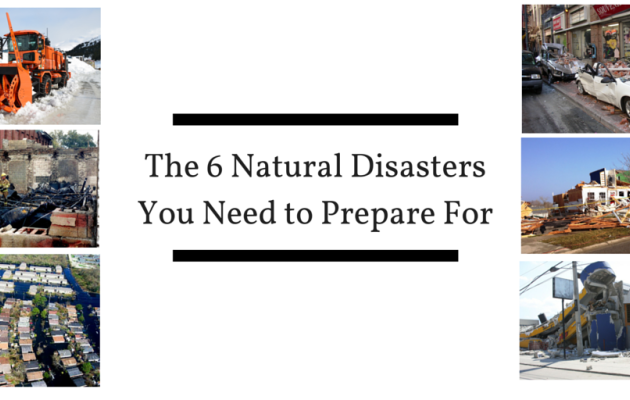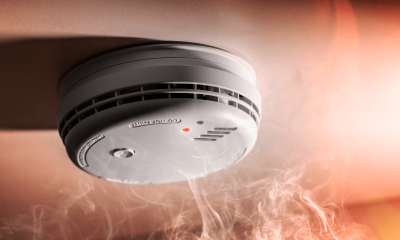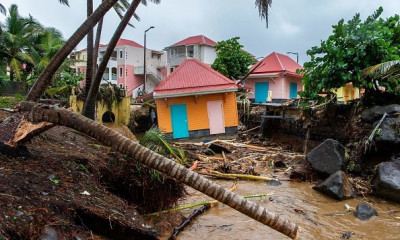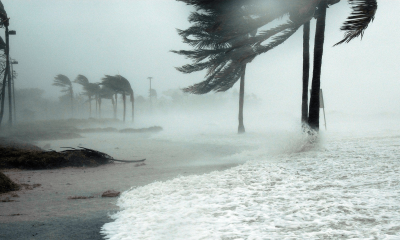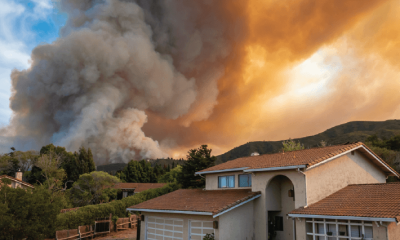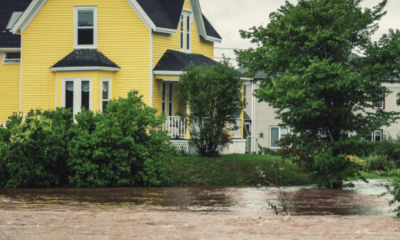The 6 Natural Disasters You Need to Prepare For
Natural disasters can be frightening and hard to predict. The chances of surviving a natural disaster, and mitigating the damages that it will ensue, increase significantly when you are prepared properly. While there are many generic items such as food, water, an emergency fund, and disaster kits that you can prepare in advance, there are also many things that will need to be done in accordance with specific disasters.
Earthquake
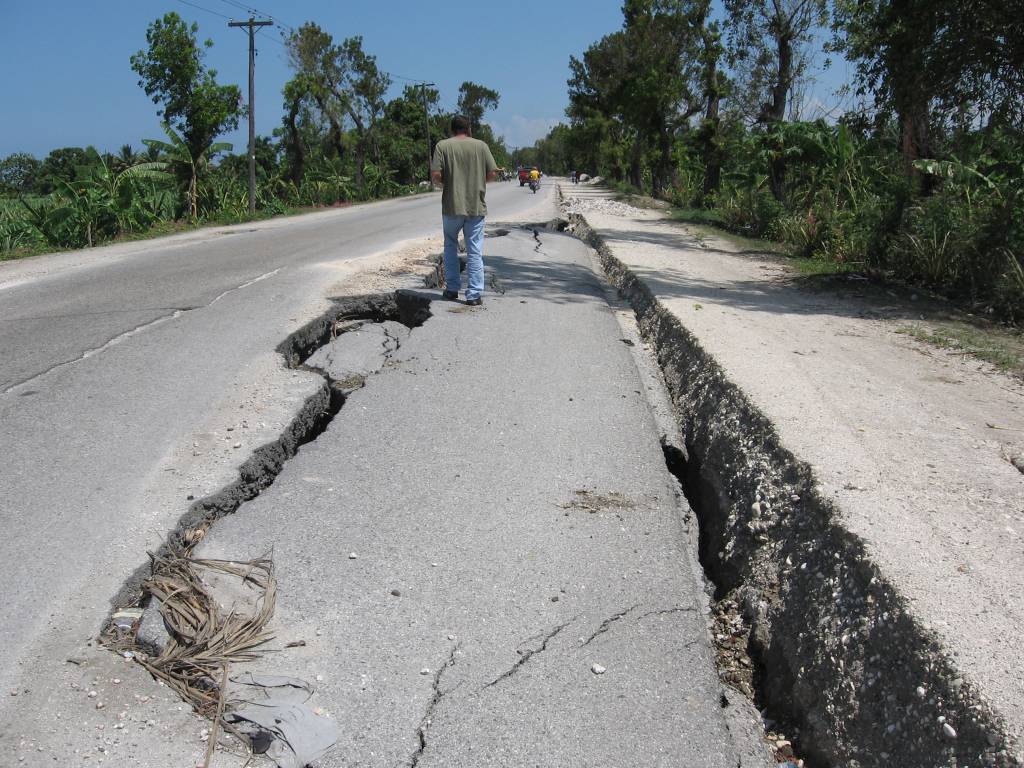 According to the USGS – U.S. Geological Survey, every state in the U.S. has experienced an earthquake. Earthquakes are one of the most unpredictable and damaging disasters. The scientific community has yet to find a way to predict when an earthquake will occur with enough time to evacuate areas. Systems exist, but they can only give a few minutes warning to residents that a disaster is on its way.
According to the USGS – U.S. Geological Survey, every state in the U.S. has experienced an earthquake. Earthquakes are one of the most unpredictable and damaging disasters. The scientific community has yet to find a way to predict when an earthquake will occur with enough time to evacuate areas. Systems exist, but they can only give a few minutes warning to residents that a disaster is on its way.
What can you do to prepare?
- Practice the “Drop, Cover and Hold On”
- Secure items in your home or business that may fall over if a tremor hits such as book cases, television sets, mirrors, etc.).
- There are many items available in home stores for safety measures (anchoring television to wall, etc.).
- Add Earthquake Coverage to your property insurance policy.
Fire
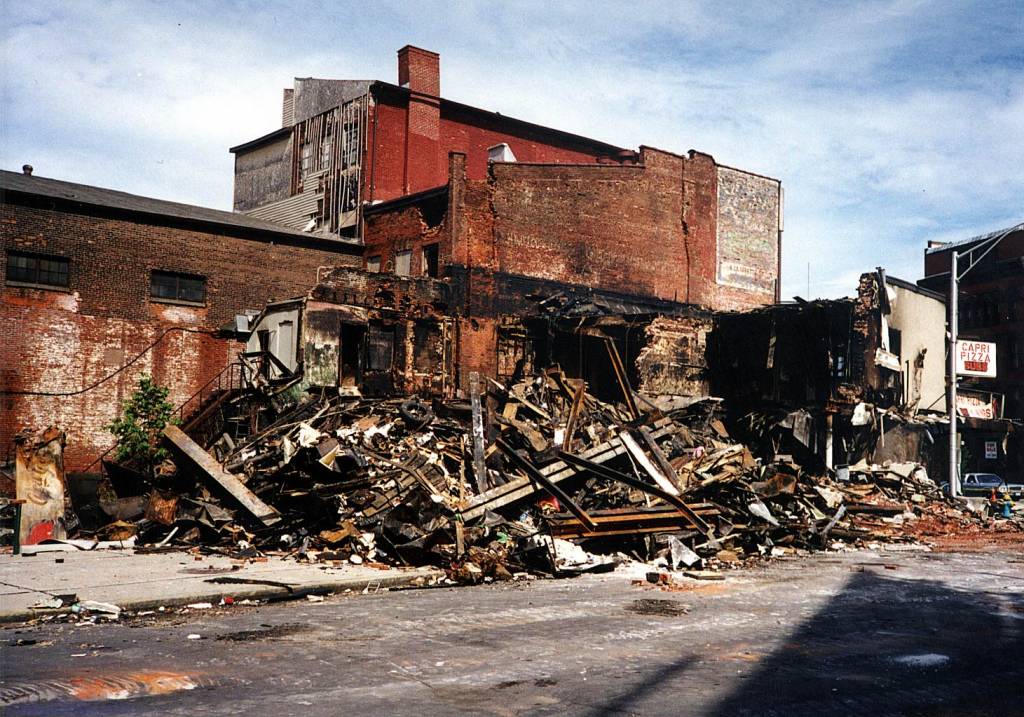 The National Fire Protection Association (NFPA) points out that fires can be caused by many things including candles, cooking, flammable materials, appliances, arson, chemicals, gases, holiday decorations, fireworks, and even lightning. With so many ways for a fire to ignite, it is important to have a plan in the event that you are affected.
The National Fire Protection Association (NFPA) points out that fires can be caused by many things including candles, cooking, flammable materials, appliances, arson, chemicals, gases, holiday decorations, fireworks, and even lightning. With so many ways for a fire to ignite, it is important to have a plan in the event that you are affected.
What can you do to prepare?
- Practice the “Stop, Drop and Roll” procedure, especially with young ones.
- Have escape routes planned in advance. You should have at least two ways to exit every room in a building. Furthermore, you should practice these escape routes to ensure that everything (doors, windows, ladders) are in proper working condition.
- If you are in an area that is susceptible to wildfires, be sure to keep the exterior of your home as safe as possible using these tips from gov.
- Review your insurance policy and update it with any items that have been added to your property within the past year (additions, remodeling, personal property, valuables, etc.)
Flood
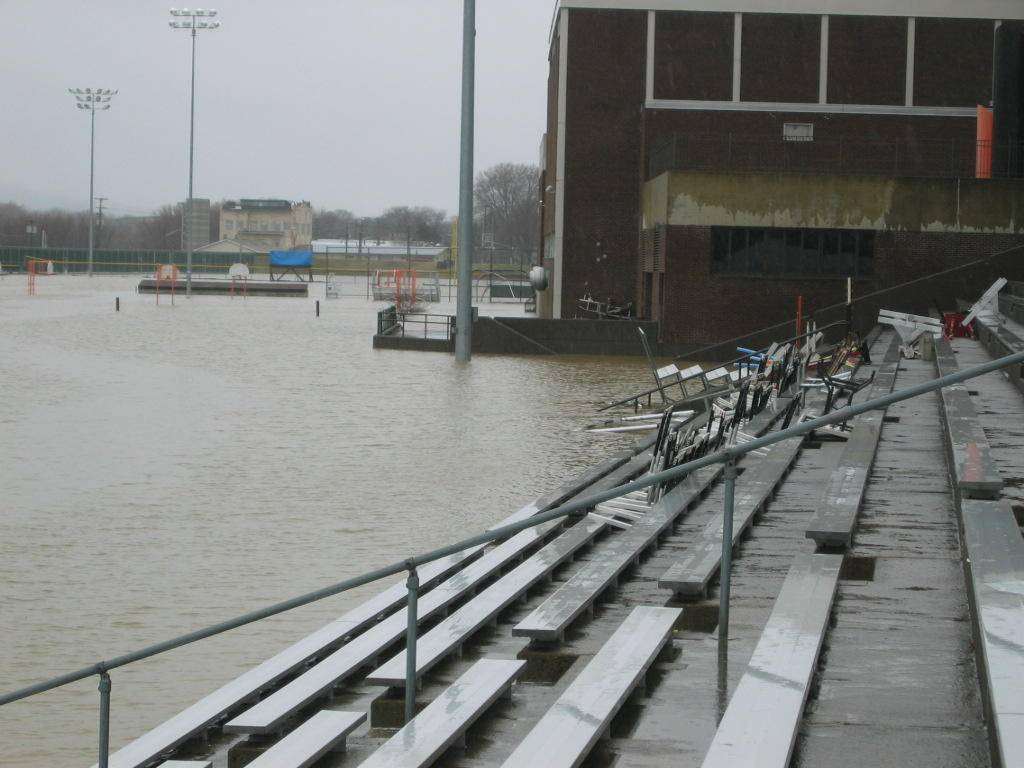 Flooding can happen year round. Large amounts of snow melting during the winter, a summer thunderstorm, a rainy spring season, or a cold fall downpour can lead to severe flood and extreme water damage to your property.
Flooding can happen year round. Large amounts of snow melting during the winter, a summer thunderstorm, a rainy spring season, or a cold fall downpour can lead to severe flood and extreme water damage to your property.
What can you do to prepare?
- Add flood insurance to your standard insurance policy through the National Flood Insurance Program (NFIP).
- Much to many policyholders' surprise, flooding is not covered in a standard property policy.
- Map out several evacuation routes. Flooding can cause many roads to be closed, so be sure to have multiple ways to get to the same destination memorized. Power outages and technology may fail in times of disaster, leaving you to depend on your memory.
- A good rule of thumb is to plan for an emergency shelter in town, one destination out of town, and one out of state.
- Tips for household items:
- Raise appliances, furniture, and anything you want to protect off of the floor several inches.
- Clean your gutters and downspouts to be free of debris so they do not become clogged.
- Prepare sandbags.
- If you have a sump pump system, make sure it is working properly and install a battery backup.
Hurricane
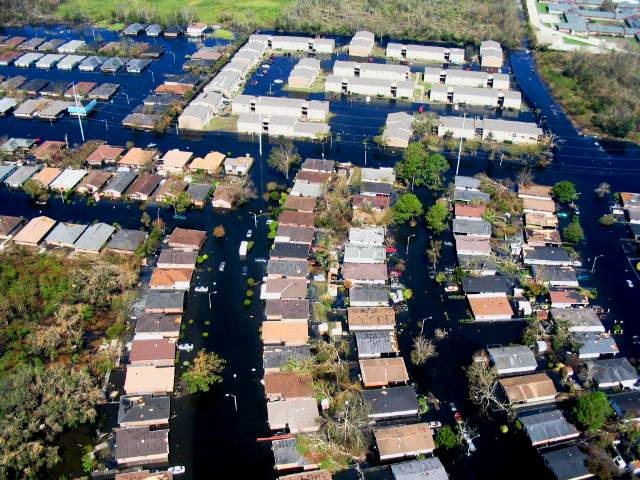 Hurricane season typically lasts from June through November in the United States. Past hurricanes such as Katrina and Sandy have taught us that you can never be too prepared so be sure to heed all warnings from officials without question. Unlike other disasters, hurricanes are much more predictable, giving residents in potentially impacted areas as much as 36 hours to get ready.
Hurricane season typically lasts from June through November in the United States. Past hurricanes such as Katrina and Sandy have taught us that you can never be too prepared so be sure to heed all warnings from officials without question. Unlike other disasters, hurricanes are much more predictable, giving residents in potentially impacted areas as much as 36 hours to get ready.
So what can you do to prepare?
- Protect your property
- Gather broken tree limbs and remove any branches that are hanging over your house, exterior buildings or vehicles.
- Bring all lawn furniture and play accessories indoors, or anchor large ones to the ground.
- Tarp any areas of your roof that are in need of or in the process of repair.
- Fill all cracks in the foundation of your property to prevent water from entering and causing damage.
- Board up windows.
- Add appropriate coverages in advance.
- Check your policy to determine if you have adequate coverages in such areas as: code/ordinance, debris removal, business interruption and extended period of indemnity, extra expense, contingent business interruption, civil authority, spoilage endorsement, and utility service interruption.
Tornado
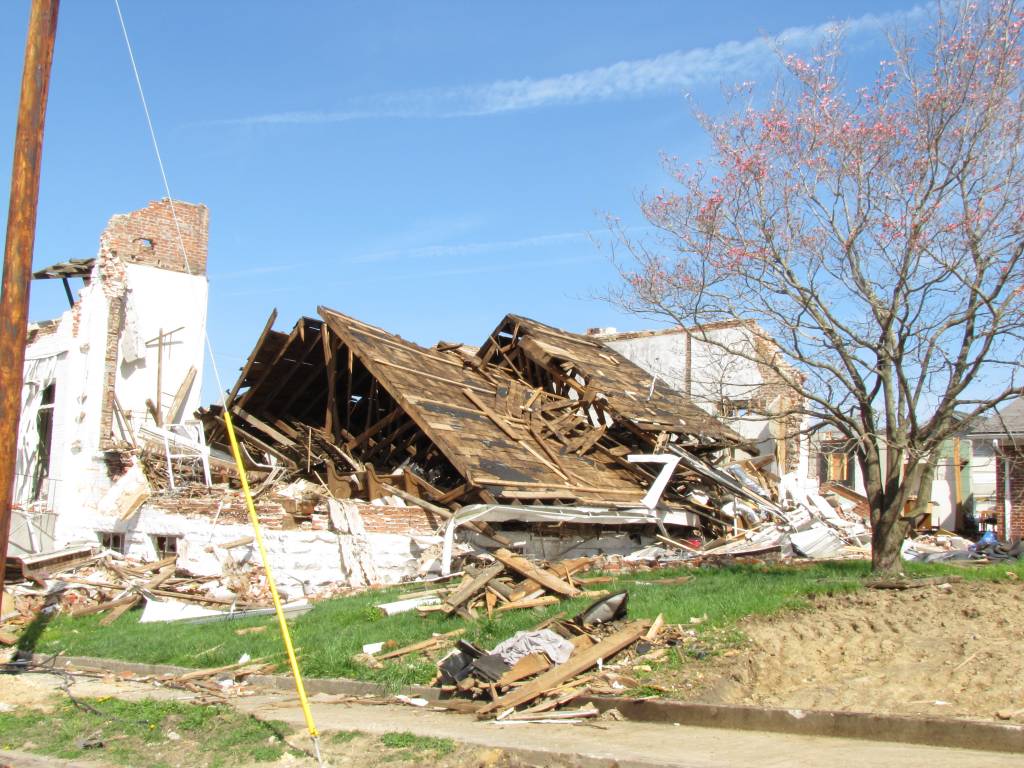 Tornadoes are a frightening natural disaster as they can occur anywhere at any time with little to no warning. According to ready.gov, “Peak tornado season in the southern states is March through May; in the northern states, it is late spring through early summer.” Tornadoes can also be the result of a hurricane or tropical storm that has made landfall.
Tornadoes are a frightening natural disaster as they can occur anywhere at any time with little to no warning. According to ready.gov, “Peak tornado season in the southern states is March through May; in the northern states, it is late spring through early summer.” Tornadoes can also be the result of a hurricane or tropical storm that has made landfall.
What can you do to prepare?
- Learn how to shut off utilities to your building (gas, electricity and water).
- Build a safe room.
- To ensure maximum protection from tornado damage, seek refuge in a room below ground level.
- Use materials that can endure high-winds, pressure and are sealed properly in case of rain that may follow a tornado or windstorm.
- Check your insurance policy.
- Check your insurance policy so that you fully understand any exclusions regarding flooding, water damage, etc.
Winter Storm
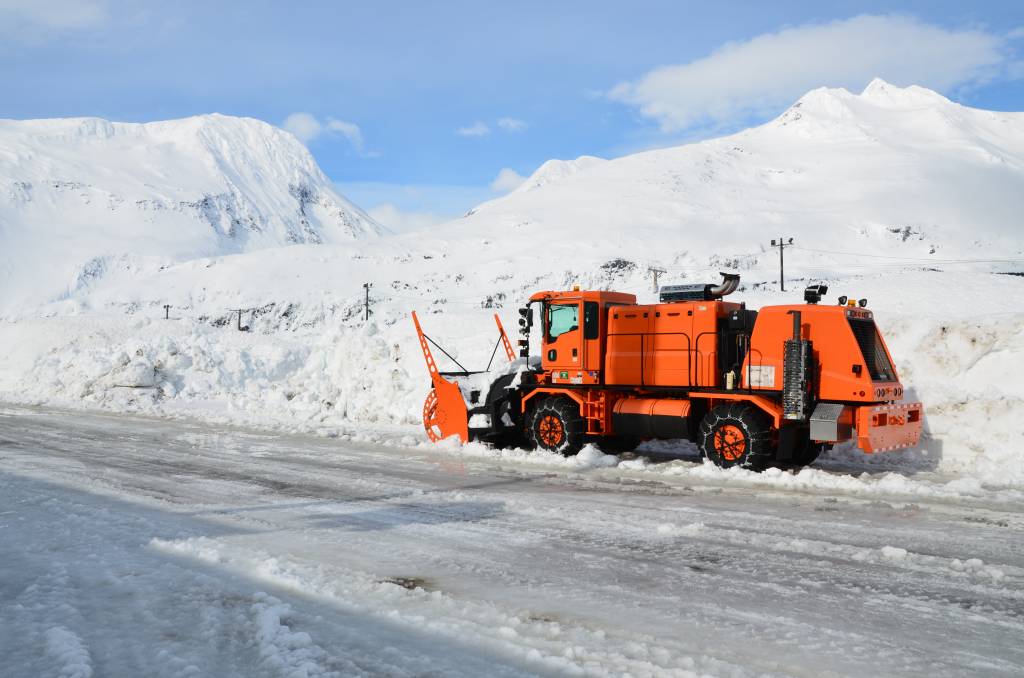 Winter weather can put a stop to all means of transportation, close down schools, offices, entire towns, cause power outages and horrendous conditions. A report conducted by the National Center for Health Statistics (NCHS) stated that winter weather results in more deaths per year than summer heat.
Winter weather can put a stop to all means of transportation, close down schools, offices, entire towns, cause power outages and horrendous conditions. A report conducted by the National Center for Health Statistics (NCHS) stated that winter weather results in more deaths per year than summer heat.
“The report found that 63% of these deaths were attributed to exposure to excessive natural cold, hypothermia or both, while about 31% of these deaths were attributed to exposure to excessive natural heat, heat stroke, sun stroke or all. Only about 6% were attributed to floods, severe storms, tornadoes, hurricanes or lightning.”
What can you do to prepare?
- Prevent damages to your home or business (roof collapse, ice dams, frozen pipes, power outages, and landscaping damage).
- Add flood insurance to your standard insurance policy through the National Flood Insurance Program (NFIP).
- Although you may not think of flooding in the winter time, it is actually very common. Large amounts of snowfall followed by an increase in temperature can cause the snow to melt, leading to flooding. Without the proper coverages in place, instances such as these will not be covered under a standard property insurance policy.
Additional Resources
- “Earthquake Insurance: What’s Your Exposure?”
- “Flood: Understanding and Recovering from One of Nature’s Worst Disasters”
- “Hurricanes and Windstorm Coverage: Case Studies and Coverages”

